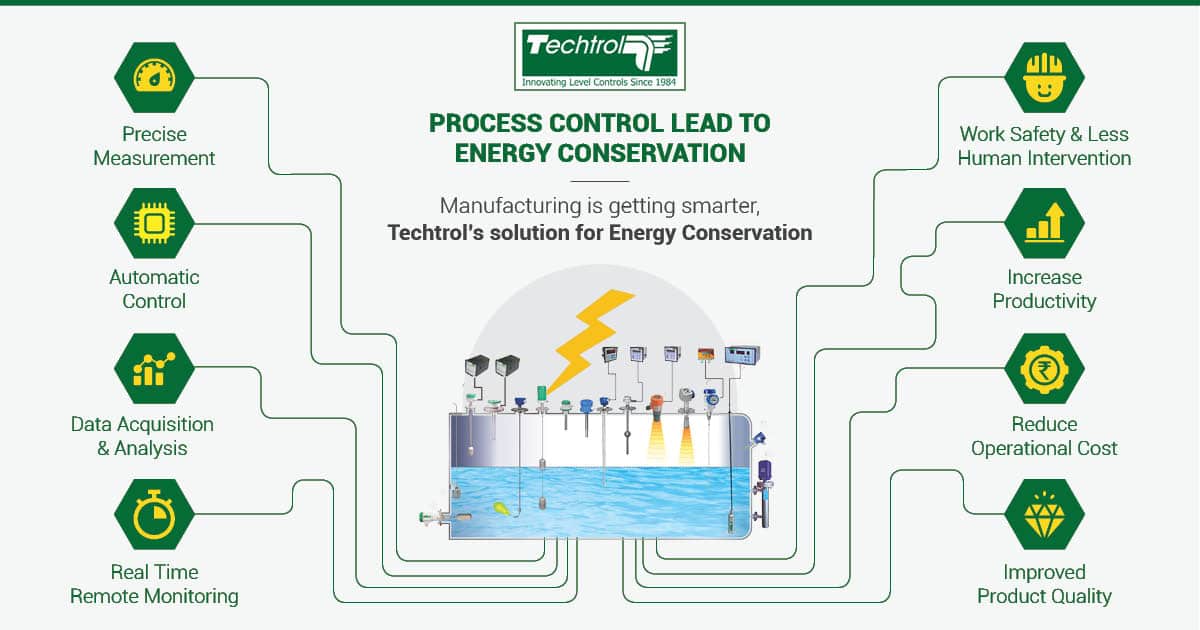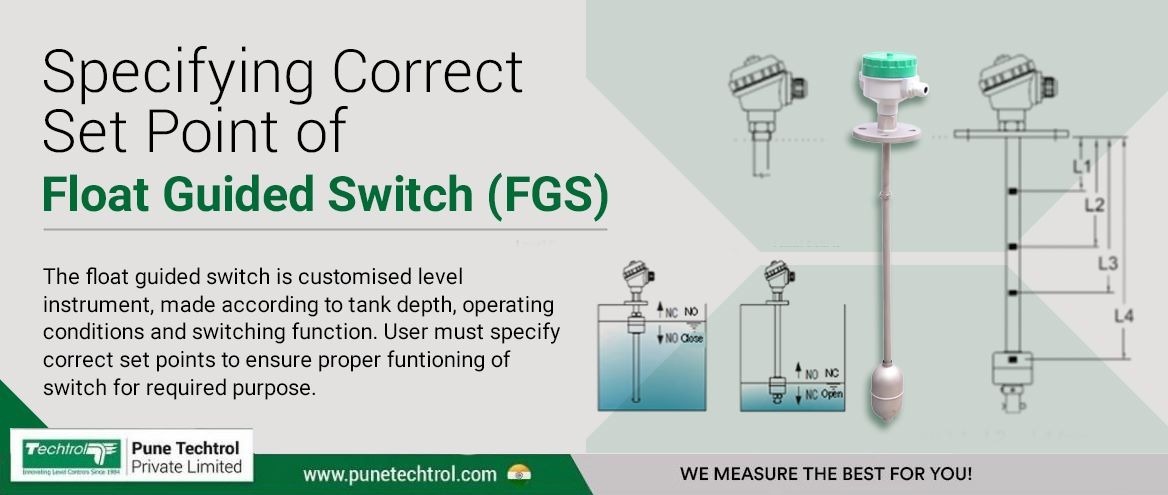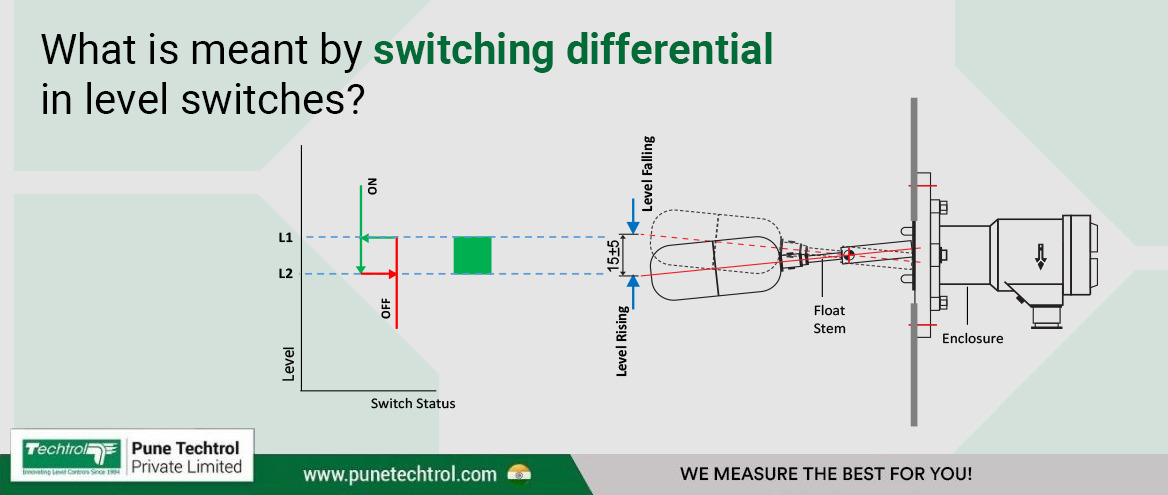How Process Control Can Lead To Energy Conservation
Reality of Energy Conservation
Today, the fact is that, the urgent need to bring down the global emission rate of Carbon-di-Oxide and other hazardous gases is gaining more traction than ever.
Governments, investors, businesses, industries, and even corporates are coming forward for coalition in a bid to tackle problems revolving around energy conservation.
The world defines energy conservation as the prevention of the wasteful use of energy across industrial, technological and domestic sectors, especially in order to ensure its continuing availability.
Most of the issues arise from the wide disparities and gaps between the amount of energy quoted to be used and the actual figures reflecting in the day to day use of energy systems and resources.
With technological developments at its peak, we must be able to drive successful transitions from “polluting to non-polluting” sources of energy, simultaneously ensuring conservation of energy in all forms and at necessary junctures.
By referring the world energy consumption data since 1965 to the present date we can see a distinct rise in the amount of energy consumed every year. As per the latest reports, energy demand rises by 1% per year.
In 2012, more than 54% of the world energy consumption was by industrial sectors, followed by 26% of by transportation. These numbers are rising continuously.
Automation in Process Control: The Stitch in Time That Saves Nine
Energy is an important input in any industrial process. This input is either in the form of electrical energy or thermal energy.
Depending upon the nature of process the cost of energy input can be as high as 50 -60 % of the cost of production. With sustainable energy making its way to the industrial processes and policies, engineers are demanded to map out a way to meet sustainable energy goals. This may require rapid and widespread alterations across major parts of energy systems in industries.
One such movement that works backstage is that of process control systems. These are automated systems that continuously monitor the processes and also allow the engineers to make necessary interventions to the system based on observations.
Concurrently the automated systems ensure conservation of energy, consistency in production, human safety and economic use of raw materials.
In industrial processes, precision happens to be a driving factor in the production phase that assures the manufacturing of high-quality products with consistency.
During the process, if inaccuracies are observed in the amount of reactants or feed used and the production yield, then the engineers are expected to take corrective measures to avoid any huge catastrophe they might lead to. Therefore, automatic process control is what saves the industries from bigger and grave fiascos.
Automated technology allows the manufacturers to maintain the machine’s function within the quantified limit and to set more accurate limits to maximize accountability and profitability, which in turn ensures consistent quality and prioritizes overall safety.
The process control systems effectively reduce costs, making the industries’ business competitive and profitable.
Final Thoughts:
Automatic process control systems make use of precise measurement from the process parameters to make necessary alterations to the controlled variables such as level, temperature, pH value, conductivity, flow, pressure, applied force, or quantity of feed used in the furnaces.
Process control is primarily about eliminating the human intervention and forwarding the responsibility to advanced and automated intelligent systems that are pre-set to handle the minor adjustments, save time, conserve energy and avoid human errors.
Pune Techtrol has wide range of products under its automation portfolio that are designed specifically for accuracy, reliability and ease of use.
The level switches, transmitters and temperature sensors manufactured by Pune Techtrol are some of the main components that are extensively deployed in many automation systems.
In addition, we also design, engineer, install and commission automated process control systems according to customised requirements, along with remote monitoring and automation systems with wireless communication using GSM/GPRS network, which are devised to collect real-time data using multiple sensors from anywhere and at anytime.
Pune Techtrol’s control /automation systems are as under:
- Tank Content Gauging System (Marine) - TCGS
- Techtrol ‘Automatic Water Level Recording System- AWLR
- Techtrol Process Monitoring System Using IIoT
- Techtrol Open Channel Flow Measurement System- TOCF
- Techtrol Differential Level Control System- DLC
- Techtrol Dam Level Monitoring System
- Techtrol Pump Control Systems- TAPS
- Foam Detection & Control System- Sure Sense
Pune Techtrol has successfully installed the aforementioned systems for varied applications /industries across India such as
- Dam level monitoring & control
- Effluent level monitoring & control in WTP, ETP
- Pump control systems in many industries
- Differential level control for bar screen automation in pumping stations
- Process Monitoring using IIoT for Sugar /Chemical industries
- Ground level monitoring



